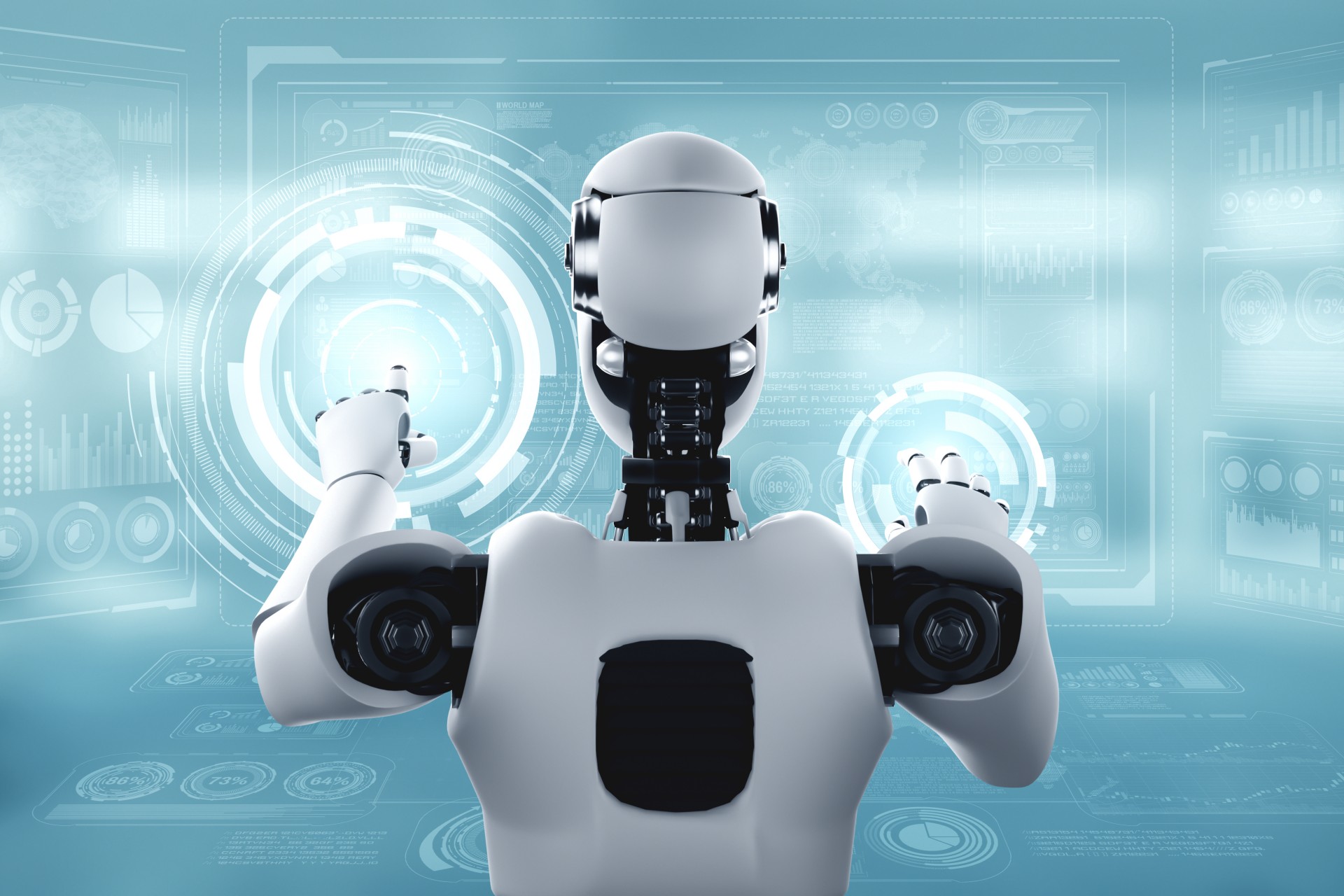
The rise of artificial intelligence (AI) has subverted the traditional rules of the game in the technology field and has had a profound impact on all walks of life. Especially in data storage, the development of artificial intelligence is leading a revolution that redefines the way data is stored and managed. As a key asset of any business, its value and impact are self-evident, and the intervention of artificial intelligence plays a vital role in how to manage and protect this data. This article explores how artificial intelligence is reshaping key aspects of the data management and storage landscape to address growing data demands and challenges. Artificial intelligence is crucial to the optimization of storage systems. It improves the performance and efficiency of storage systems through intelligent data processing and analysis. What’s more, the introduction of AI technology brings a new era of safety, efficiency, and adaptability. Through the application of intelligent classification and encryption technology of data, artificial intelligence helps improve the security of data storage and prevent data leaks and attacks. At the same time, artificial intelligence can also realize intelligent management of data storage, dynamically adjust according to the characteristics and needs of the data, and improve the adaptability and flexibility of the storage system. Overall,

#Let’s explore the five main ways artificial intelligence is changing data storage and management.
Operations are frequently disrupted due to unexpected outages and performance issues with traditional data storage systems. Predictive maintenance is an essential feature that identifies potential failures and prevents the risk of costly downtime. This requires continuous observation and evaluation, which is where AI excels and can provide proactive and efficient solutions. It optimizes system performance, ensures seamless operation and contributes to overall operational stability. However, predictive maintenance is a great option for businesses to prevent problems before they become serious, ensuring continued operations and reducing the possibility of data loss. Using AI-driven predictive maintenance is a proactive approach that ensures a smooth data storage experience.
In an era of increasing cyber consequences, data security is critical. Artificial intelligence acts as a reliable protector by integrating sophisticated threat detection systems into data stores. Machine learning algorithms can protect against cyberattacks by examining patterns that suggest illegal activity. This proactive strategy increases user trust while protecting data integrity. In a digital environment rife with security threats, AI acts as a buffer, protecting the integrity of stored data.
As data volumes increase, so does the need for efficient storage solutions. Artificial intelligence leverages advanced data compression techniques to address this challenge. Artificial intelligence algorithms can accurately identify data usage patterns and correlations, thereby effectively compressing data while maintaining data quality. In this way, ensuring efficient storage utilization reduces the need for ongoing infrastructure expansion. In short, AI-driven data compression becomes a key tool in controlling the rapid expansion of organizational data.
Through automatic data classification, artificial intelligence recognizes the diversity of data. This requires categorizing data based on its relevance and frequency of access. Businesses can allocate resources more efficiently and ensure that frequently accessed data is stored on faster media. For less important data, more economical storage solutions are available. This enables a balance between performance and economics to establish an optimal storage hierarchy.
Traditional data backup and recovery methods are often labor-intensive, error-prone, and manual. Artificial intelligence brings cognitive automation to these important activities and revolutionizes them. It identifies possible data loss situations through continuous monitoring while initiating fast, automated backup and recovery processes. This increases the overall reliability of the data storage system and saves time. Essentially, AI-powered data backup and recovery automation enables businesses to react quickly to situations involving their data, thereby reducing losses and downtime.
The impact of artificial intelligence seems to be unlimited, leaving a deep mark on every industry. When it comes to data storage and the role of AI, the five dimensions highlighted above stand out as key components that together represent a paradigm shift in how organizations approach data storage. In an era where successful data management is synonymous with organizational success, artificial intelligence becomes a key player, able to predict and prevent problems, optimize resource allocation and maintain security. If businesses embrace these AI-driven advancements, they can navigate the complex world of data storage flexibly and efficiently.
Integrating artificial intelligence into data storage systems is revolutionizing organizations’ data management strategies. From improving predictive maintenance to enabling intelligent automation, each aspect helps build a more powerful, secure, and cost-effective storage environment. These improvements have become essential for businesses that need to handle large amounts of data. The revolutionary impact of artificial intelligence is closely related to the future of data storage. Therefore, it becomes critical to gain a deeper understanding of the dynamic relationship between AI and data storage.
The above is the detailed content of Five ways artificial intelligence is changing data storage. For more information, please follow other related articles on the PHP Chinese website!




